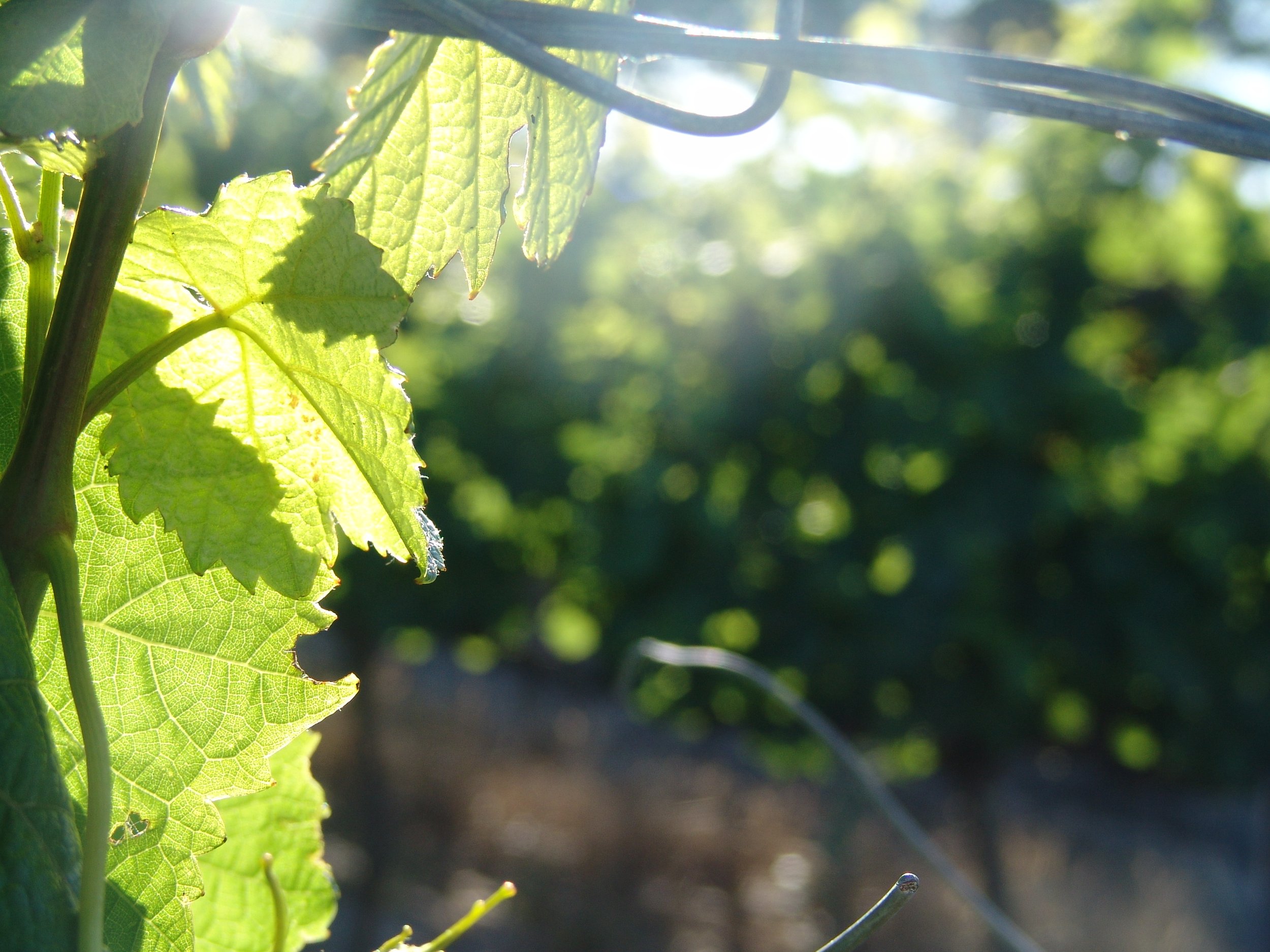
Ecological survey for biological management and protection of Mediterranean vineyards facing climate changes
VINEPROTECT context
Mediterranean vineyards are challenged by climate change that jeopardize the high-quality of its grape and wine. Also, diseases like mildews are limiting factors for grapevine production. Industrial management leads to a decrease of the vineyard ecosystem biodiversity, (over)uses of fertilizers and pesticides and may also overuse irrigating water. Thus, it urges to implement sustainable local strategies towards increasing biodiversity, reducing agrochemicals, increasing the resilience of the vineyard to climate change associated stressors like prolonged drought, and to common diseases (e.g., mildews).
VINEPROTECT consortium has 7 partners from Portugal, Italy, Turkey and Morocco, in a synergic complementarity. VINEPROTECT will take use of technological processes (e.g., genomics and microbiology, grapevine-(eco)physio(patho)logy, bio-gels, vineyards ecology, agronomy and socio-economy) to develop sustainable agroecological procedures considering the specificities of the Mediterranean vineyards and the challenges associated to climate change.
Our Goals
VINEPROTECT main objective is to implement an operational-toolbox of sustainable agroecological practices oriented to local vineyards specificities, to increase Mediterranean vineyards resilience to climate change and diseases, while reducing the use of agrochemicals, and promoting local and circular agriculture/economy.
Our Mission
VINEPROTECT mission is fully compromised with PRIMA and United Nations Sustainable Development goals to improve vines’ production and at the same time increase their sustainability.
Aligned to that, VINEPROTECT has a mission to valorize Mediterranean vineyards and to improve knowledge in this sector. We valorize the communication with farmers, research units, local authorities, stakeholders and general public.
Mediterranean vineyards
Several Mediterranean vineyards have been designated “Intangible Cultural Heritage of Humanity” by UNESCO, demonstrating the relevance that viticulture and landscape have on structural, cultural, and socio-economic aspects of the countries. However, climate change seriously jeopardizes the high quality of grapes/wine in the Mediterranean, shifting vineyard production to other regions, thus causing dramatic socio-economic loss to the Mediterranean. Additionally, diseases, like mildews, are limiting factors for grapevine production worldwide.
The Consortium
VINEPROTECT consortium integrates 4 Mediterranean countries where vineyards have a pivotal socio-economic importance (Portugal, Italy, Morocco and Turkey). This consortium is complementary and will share RD&I knowledge, cooperating to implement sustainable and competitive practices aligned with EU priorities and PRIMA scope.













